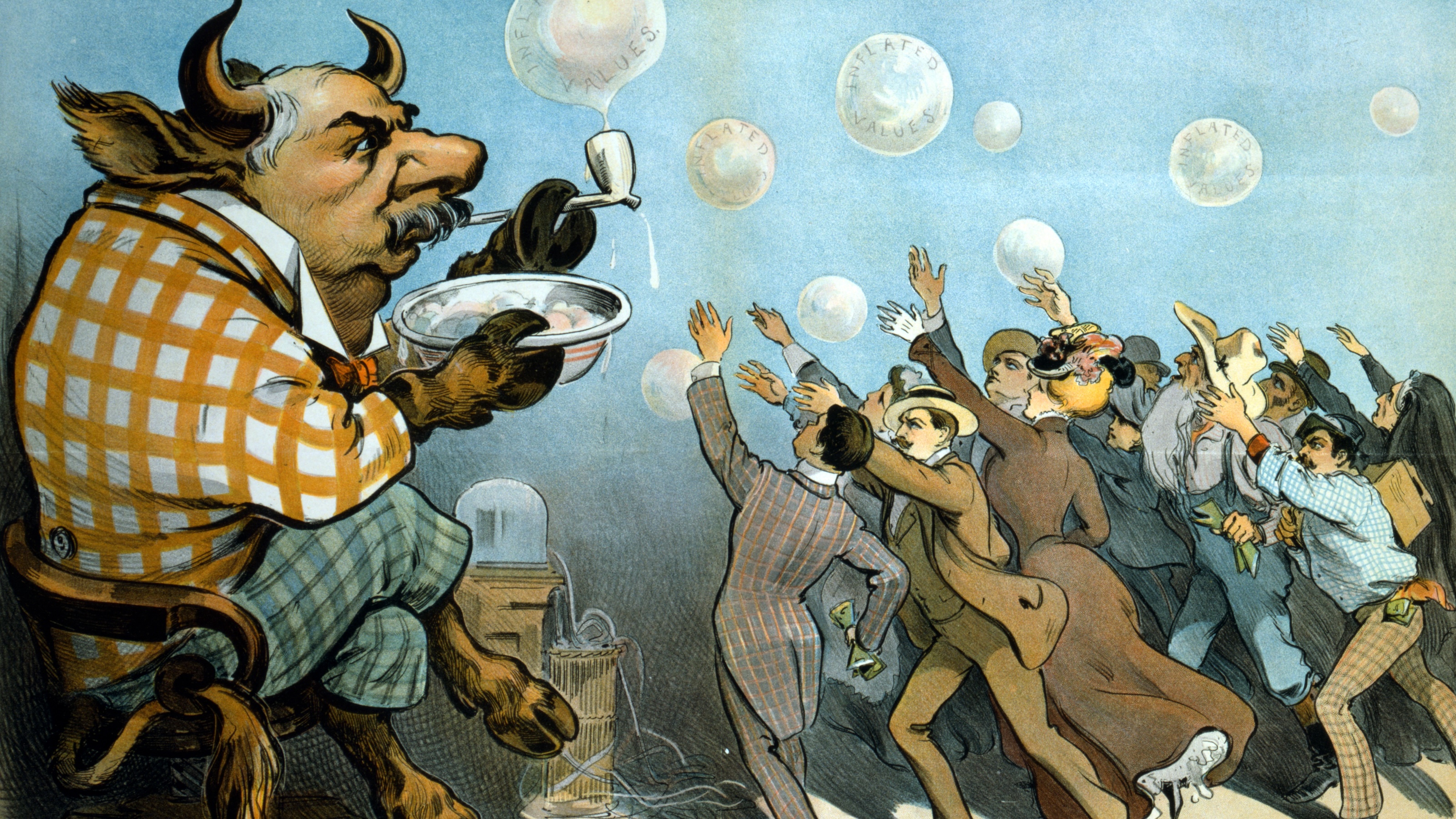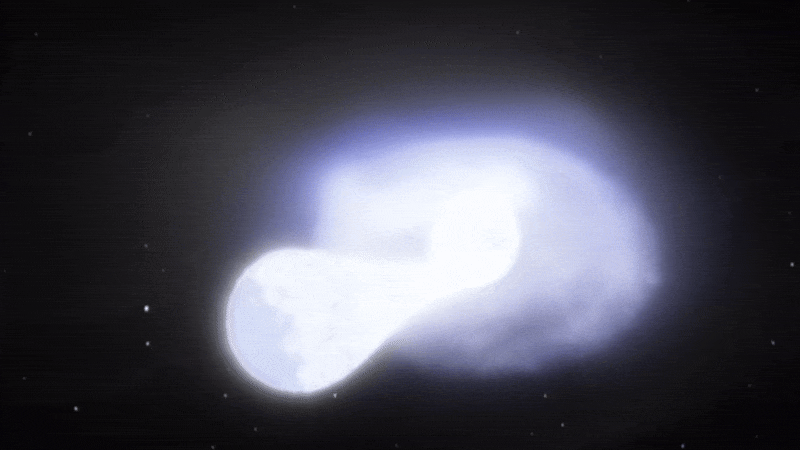Jonathan Franzen discusses the potential for China’s economic collapse.
Question: Is there a Malthusian limit to China's development?
Jonathan Franzen: Yeah oh god. It’s just the same; just as environmentally and in terms of social unrest and eight other ways.
They’re this close to everything. Just kind of the wheel’s coming off.
Right now, the central government is desperately trying to get industry moving inland because bringing a hundred million, before long, two hundred million workers, on a migrant basis, to the coastal factories--it’s a logistical nightmare and an humanitarian disaster too.
So there’s a huge ongoing effort to try to get all that industry inland. But it may not happen in time. And they’re racing against these impatient western companies that don’t want to raise the cost of a lawn chair set at Wal-Mart. If you raise that $6, well then they’re all going to go to Costco. And everybody at Costco’s thinking the same thing.
So there’s no price flexibility over here. All the American buyers are this far away from taking it all to India or to Vietnam or try again in South America or something like that.
China has huge structural advantages. I don’t think the economy’s entirely going to tank.
I don’t know about Malthusian. No great labor situation, no great economic situation lasts forever. And I think probably the first thing to give will be the environment here, more than anything else. And I think the Chinese government knows that and is hoping, if you staple on enough environmental reform, maybe it’ll be enough to get us down the next mile.
Question: What will the environmental collapse look like?
Jonathan Franzen: In Shanghai, it will look like not having any water to drink, it will look like they’re source of drinking water for a city that’s already at 20 million, and should shoot up to 30 million in any month now. That suddenly what you got coming out of the tap is salt water filled with cadmium and mercury from 14,000 polluting factories up the Yanksee [River].
It’s a real bad problem when you run out of water. And they have just disastrous water problems right now. Water tables are collapsing everywhere. The climate of course is changing for the much drier. They were worried about floods just ten years ago, they did all of this massive social engineering stuff to deal with the floods. And now it’s like it’s all blowing away; it’s the problem of sandstorms and no water table.
So water, that’s a good one. You’re kind of screwed when you don’t have any water.
Recorded On: Apr 1, 2008





